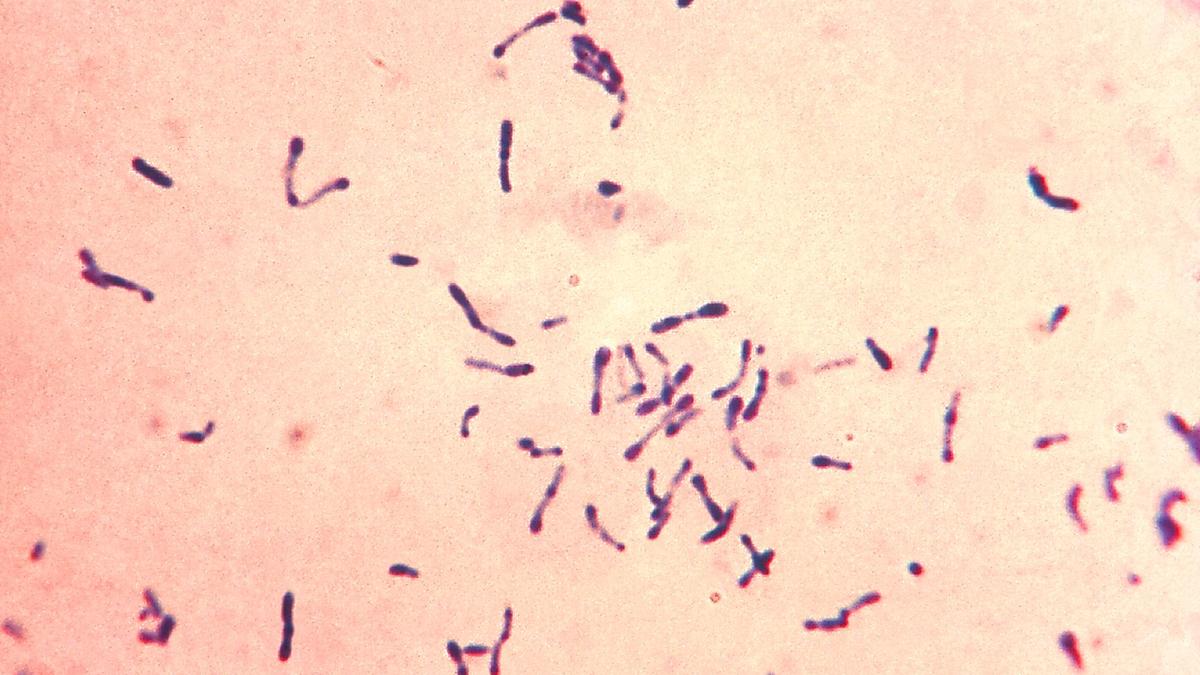Diphtheria Outbreak in Western Europe – 2022 Onwards

- 07 Jun 2025
In News:
Western Europe is experiencing its largest diphtheria outbreak in 70 years, with cases predominantly among vulnerable groups such as migrants and the homeless. The outbreak, which began in 2022, has raised concerns over disease surveillance, migrant healthcare, and immunisation coverage.
Key Facts from the Outbreak
- As per a study in the New England Journal of Medicine, 536 cases and three deaths have been reported across Europe since 2022.
- Most cases were found among young males (average age: 18) who had recently migrated, particularly from Afghanistan and Syria.
- 98% of strains exhibited close genetic similarities, suggesting a common transmission point during migration journeys or in accommodation facilities, not in the countries of origin.
- A genetic match between the 2022 strains and a recent 2025 case in Germany indicates that the bacteria is still circulating silently in the region.
Recommendations from Health Experts
- Enhance vaccination drives, particularly among high-risk and underserved populations.
- Improve awareness among healthcare providers, especially those working with migrants and the homeless.
- Ensure better access to antibiotics and diphtheria antitoxins.
- Strengthen disease surveillance and contact tracing mechanisms.
About Diphtheria
Feature Details
Cause Corynebacterium diphtheriae (produces a potent toxin)
Mode of Spread Respiratory droplets, contact with infected sores or ulcers
Affected Areas Primarily the respiratory tract, but also the skin in some cases
Symptoms Sore throat, fever, swollen lymph nodes, weakness; grey membrane in throat
Severe Impact Can lead to breathing difficulties, heart and kidney damage, and neurological issues if untreated
Treatment Diphtheria Antitoxin (DAT), antibiotics, and supportive care
Fatality Rate Up to 30% in unvaccinated individuals; higher in children
Prevention Vaccination (DPT/DTP) is the most effective preventive measure
